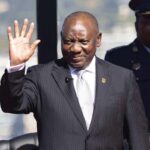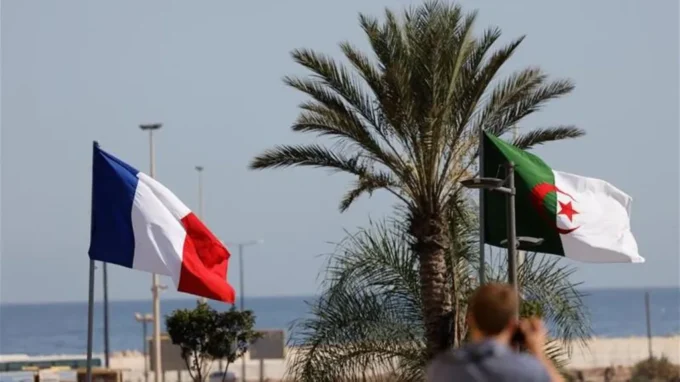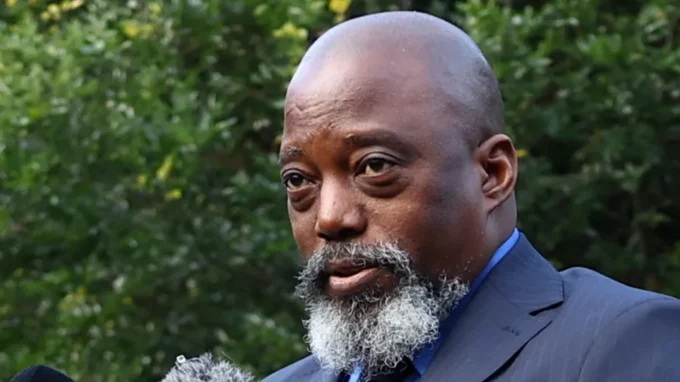South African President Cyril Ramaphosa has underscored the transformative potential of the African Continental Free Trade Area (AfCFTA), calling it a “massive opportunity” not just for Africa but for global partners as well. Speaking at the recent BRICS summit, Ramaphosa emphasized the urgent need to foster deeper economic ties between Africa and BRICS countries—Brazil, Russia, India, China, and South Africa—highlighting the trade area’s capacity to spur growth and unlock new markets across the continent.
“Africa is opening its doors to the world,” Ramaphosa stated. “With the AfCFTA, we are building one of the largest free trade areas in the world, encompassing a continent of over 1.3 billion people and a combined GDP of $3.4 trillion. This is an unprecedented opportunity for collaboration, and we are inviting BRICS countries to join us in this journey towards shared prosperity.”
Launched in 2021, the AfCFTA aims to eliminate tariffs on 90% of goods, liberalize trade in services, and address barriers to intra-African trade, creating a unified market that can compete on a global scale. By facilitating the free movement of goods, services, and people across African borders, the agreement seeks to increase intra-African trade by over 50% in the next few years. Ramaphosa believes this initiative is pivotal not only to the economic integration of Africa but also to strengthening Africa’s position in the global economy, particularly within the BRICS framework.
The South African leader highlighted that with Africa’s rapidly growing consumer base and young workforce, the continent is becoming an increasingly attractive destination for investment and collaboration. However, he noted that to maximize the benefits of the AfCFTA, Africa needs strong partnerships with key economies—especially BRICS members, who can bring expertise, technology, and investment to drive industrialization across the continent.
“BRICS countries have been instrumental in supporting Africa’s development journey, and now, with the AfCFTA, we are creating conditions for a new chapter in that partnership,” Ramaphosa said. He cited infrastructure development, digital transformation, and industrial innovation as key areas where BRICS countries could contribute significantly, supporting Africa in creating sustainable industries that are resilient to global economic fluctuations.
Ramaphosa stressed that Africa’s focus is not solely on increasing trade volumes but on enhancing the quality of economic interactions. The AfCFTA is designed to help African economies transition from primarily exporting raw materials to producing value-added goods, which would increase revenue, create jobs, and reduce dependency on external markets. Ramaphosa sees BRICS countries playing an essential role in this transformation by investing in Africa’s manufacturing sector, technology transfer, and skills development.
“BRICS countries, with their advanced capabilities in technology, infrastructure, and industrial processes, can help African nations build industries that are both competitive and sustainable,” Ramaphosa noted. He encouraged BRICS companies to view Africa as a long-term investment destination, adding that the continent’s industrial and digital transformation will yield significant dividends for those who are part of this journey.
The President also highlighted that as BRICS expands its own agenda, particularly through the BRICS Bank, there is substantial potential to support AfCFTA projects. The BRICS New Development Bank, with its focus on sustainable development and infrastructure funding, can play a crucial role in financing projects that are essential to the AfCFTA’s success, such as roads, railways, ports, and digital networks.
Ramaphosa acknowledged that Africa faces challenges, including infrastructure deficits, regulatory hurdles, and security concerns. However, he expressed confidence that by working with BRICS countries, Africa could overcome these barriers, making the AfCFTA a model of successful regional integration that could inspire other regions of the world.
“Our partnership with BRICS is more than just trade; it’s about building resilience and creating a better future for all,” Ramaphosa said. He urged BRICS countries to invest in skills training, capacity building, and education across Africa, noting that a skilled workforce is essential to the continent’s sustainable growth. By empowering African youth with the skills necessary for a modern economy, BRICS countries can help Africa develop industries that are globally competitive and able to adapt to future challenges.













Leave a comment